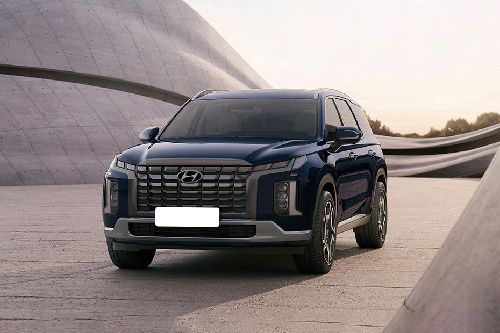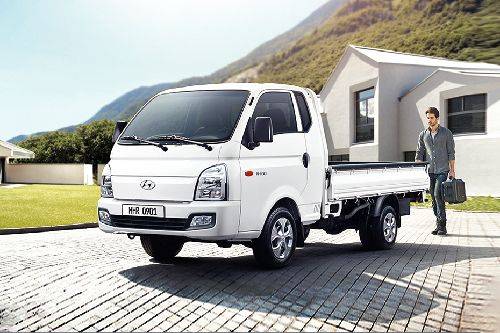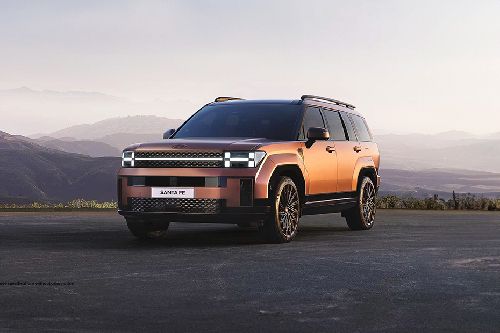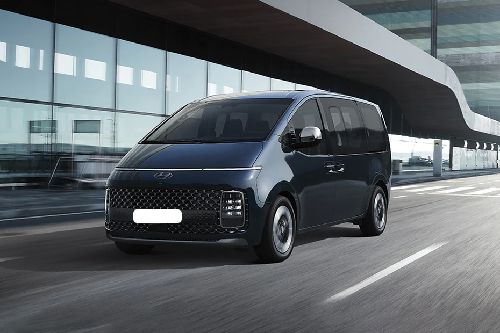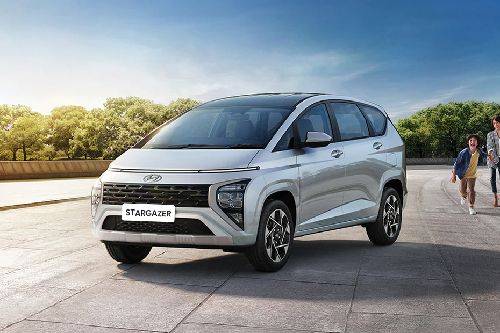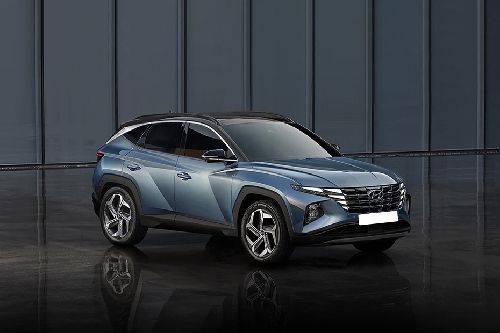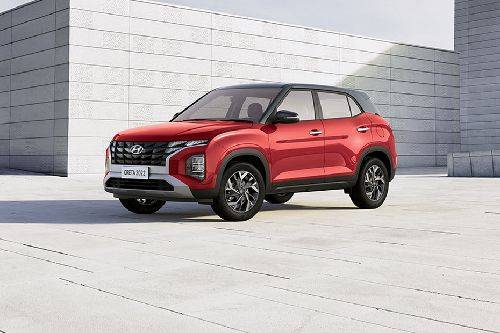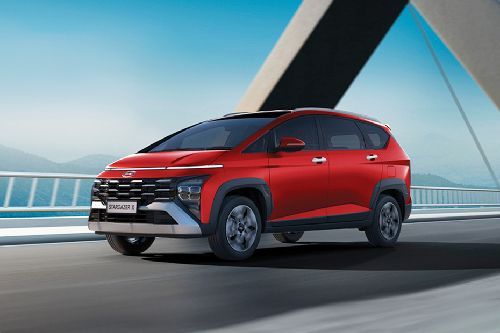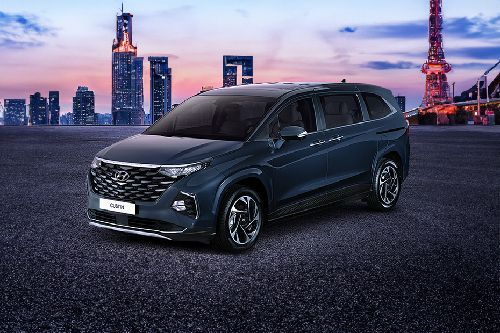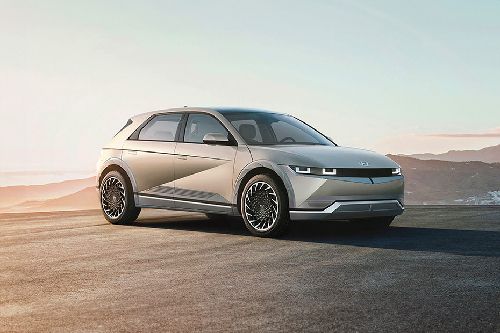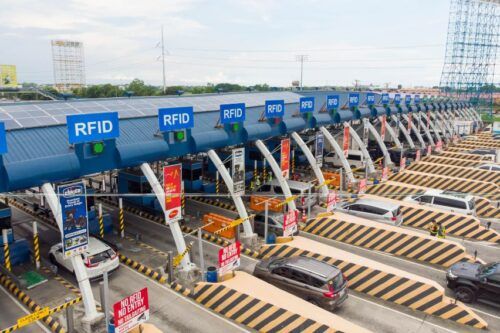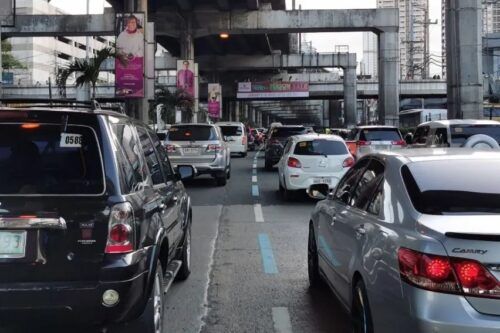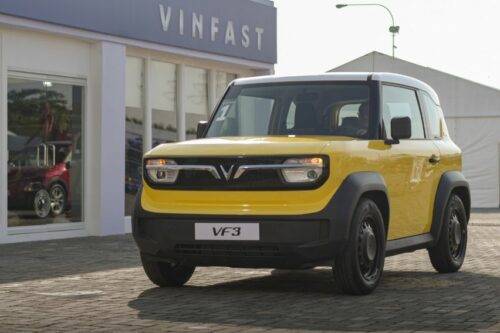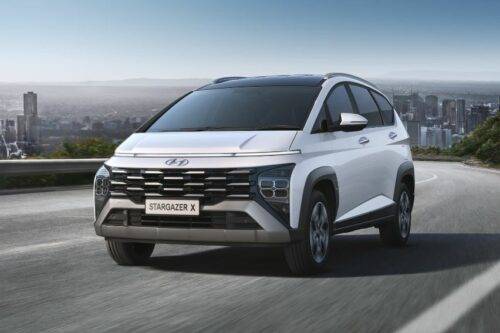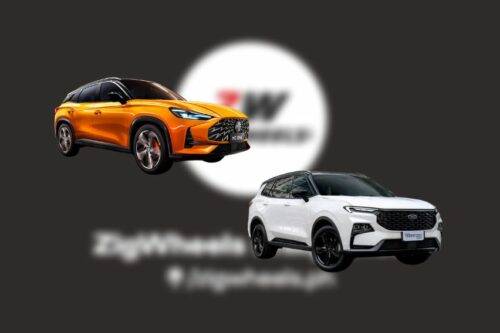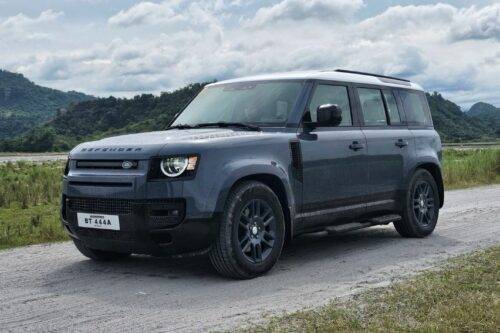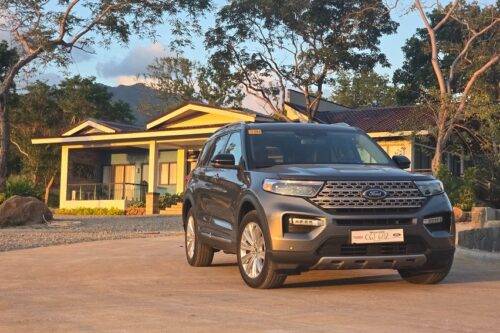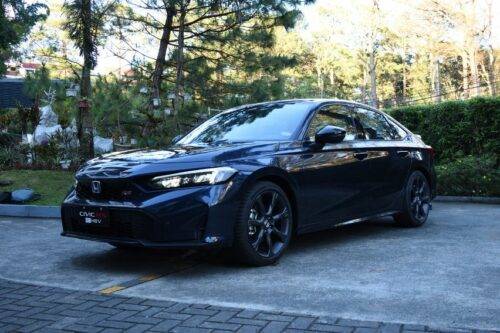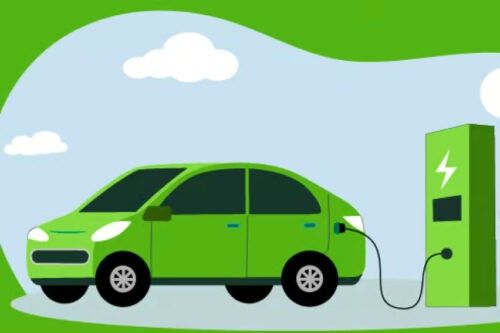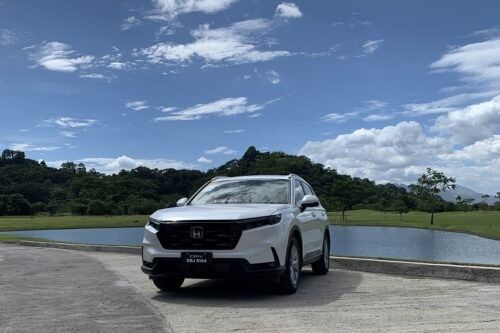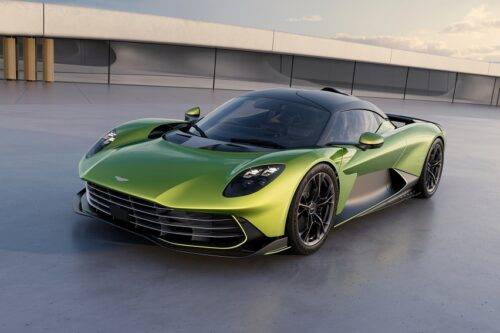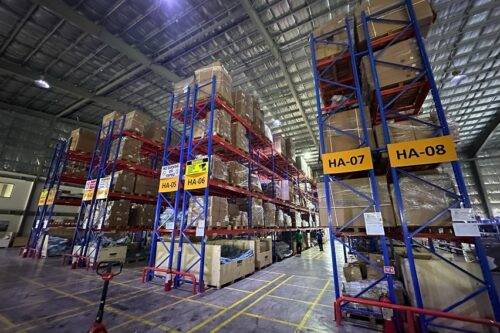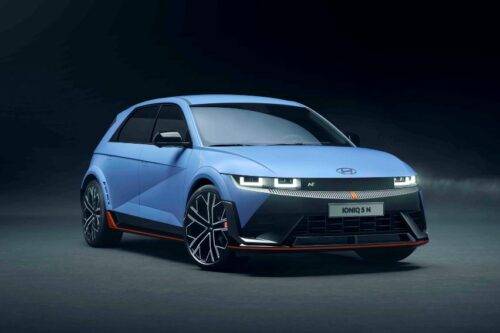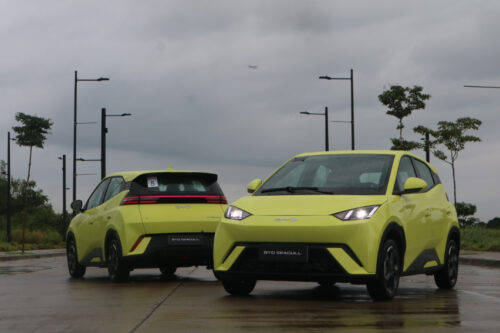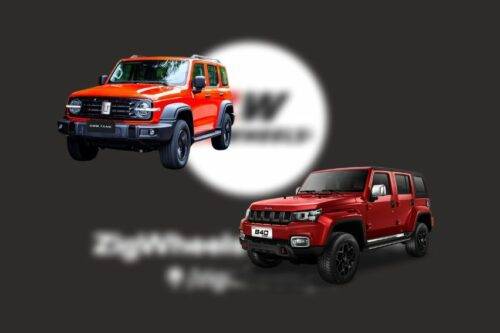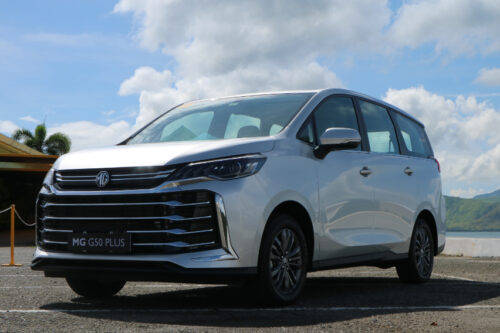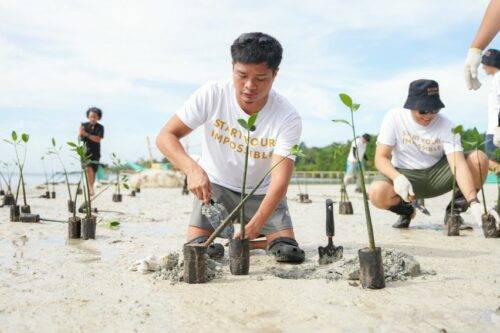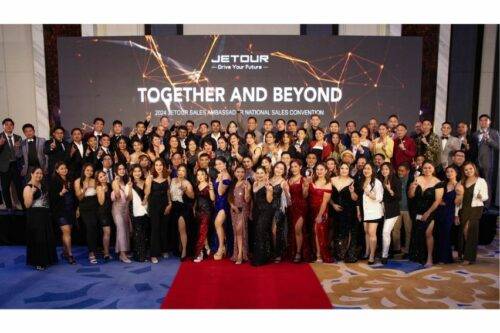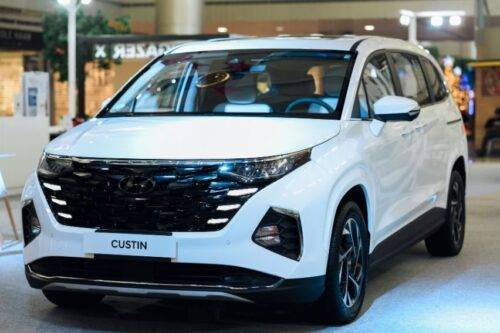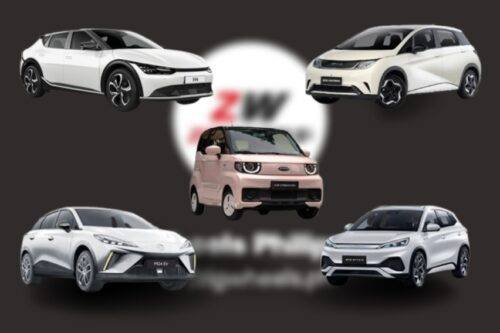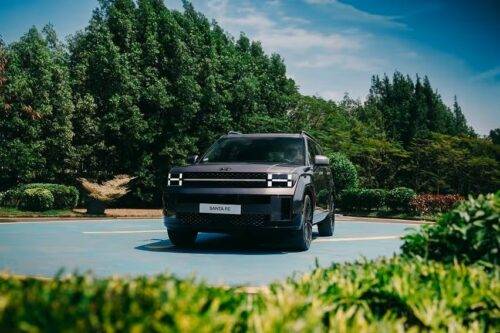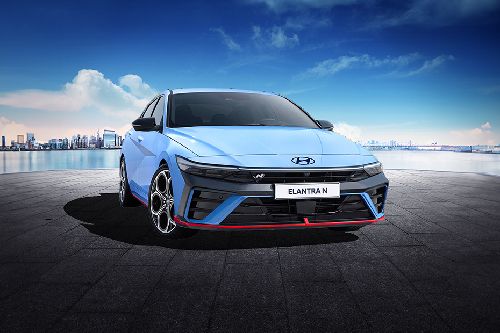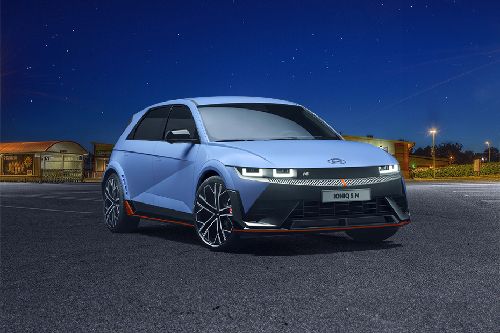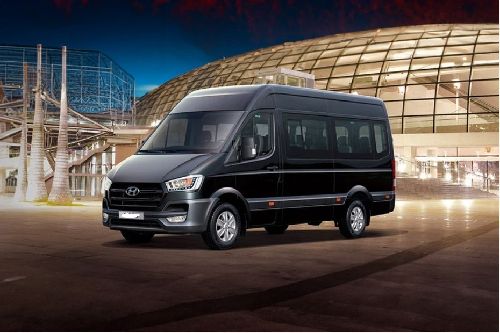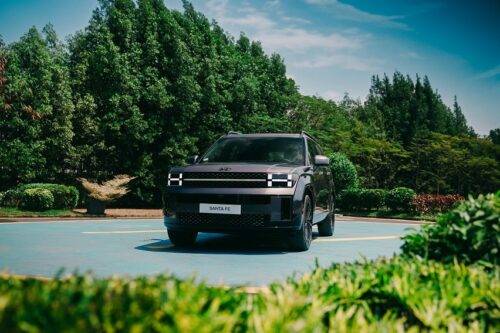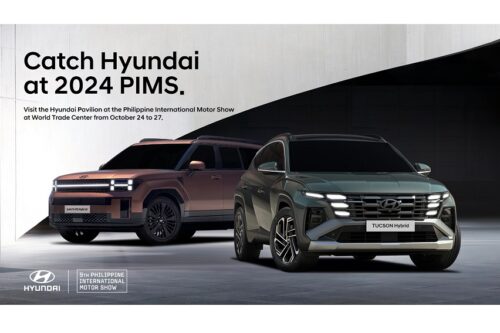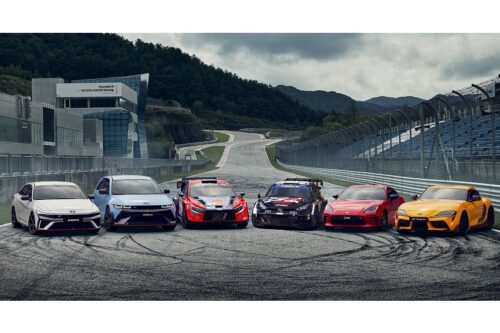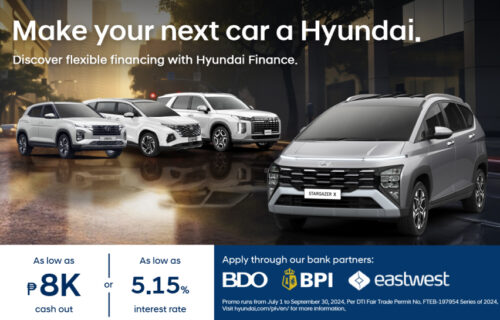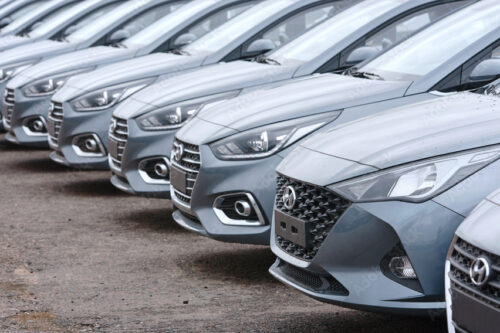Hyundai envisions to achieve carbon neutrality by 2045
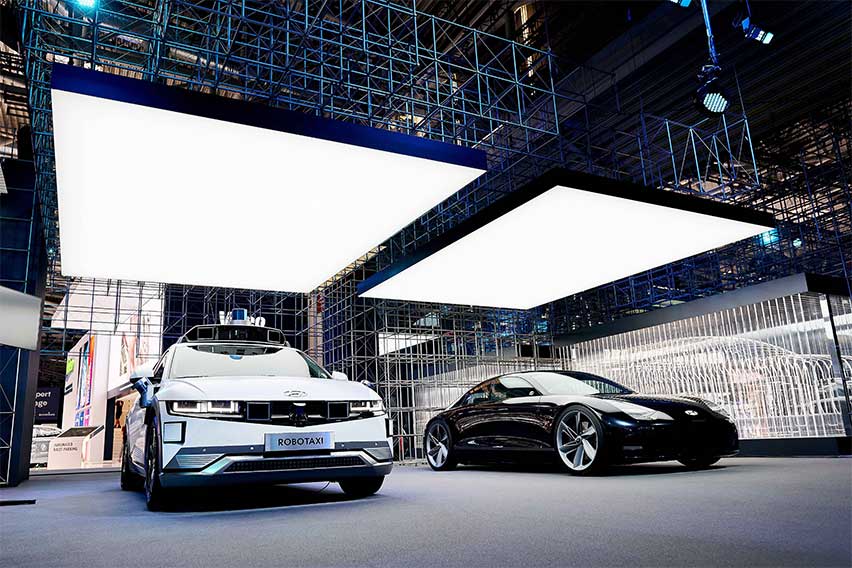
MANILA: Hyundai Motor Company has presented its commitment to achieve carbon neutrality by 2045 during the IAA Mobility 2021 in Munich, Germany.
Hyundai’s strategy to become carbon neutral is based on three pillars: clean mobility, next-generation platforms, and green energy. The full range of Hyundai’s electrified vehicle lineup and latest sustainability solutions are showcased at this year’s IAA happening until September 12.
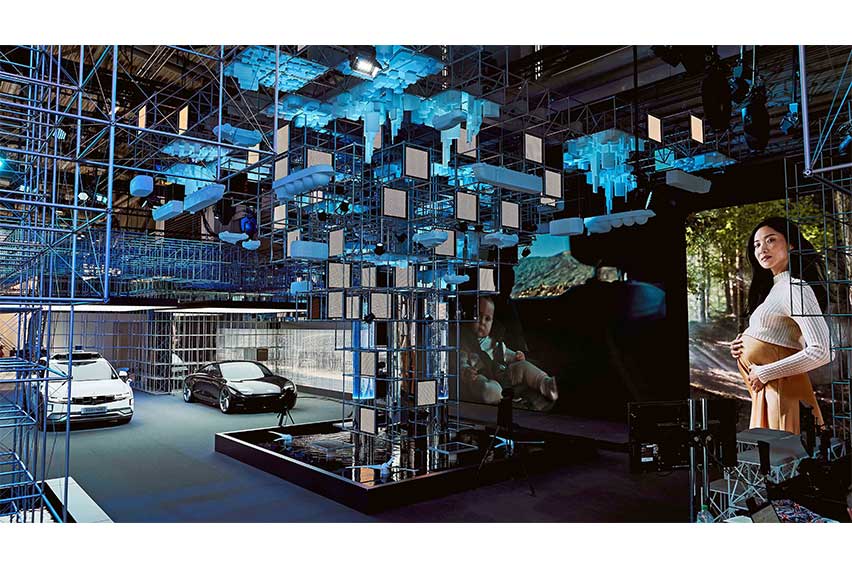
In a statement, Hyundai Motor Company Chief Executive Officer Jaehoon Chang said, “Under our company’s vision, Progress for Humanity, Hyundai Motor is determined to do the right thing for the world. Climate change is an undeniable challenge that needs everyone’s utmost and urgent attention. Hyundai Motor commits to become carbon neutral in its global products and operations by 2045, and we will make investments in cleaner transportation and greener energy solutions to achieve a better and more sustainable future for all.”
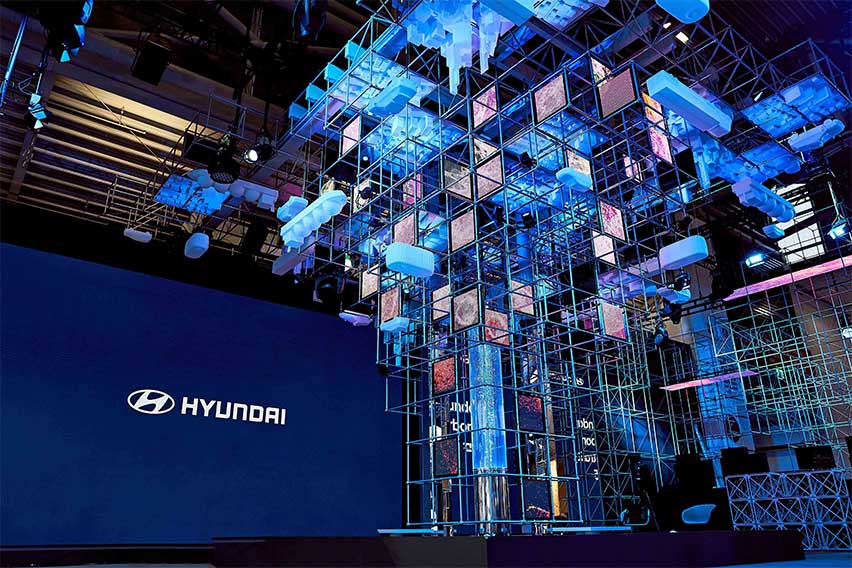
Aside from its BEV concepts, Hyundai is also exhibiting an all-electric robotaxi model and artistic displays on hydrogen value chain on its booth in this year’s IAA. The Korean carmaker also offers a so-called Blue Lane service that gives visitors an opportunity to experience the brand’s latest clean mobility vehicles such as Ioniq 5, Nexo, Kona EV, and Elec City Fuel Cell bus.
“With a new location and a live-digital hybrid format, this year’s IAA is very different from previous events, and we are very happy that we are participating once again as an exhibitor. We are excited to be sharing our future company vision, which goes beyond automotive mobility. On top of this, we are outlining our roadmap to enable a carbon neutral society, which is imperative as the future of the planet is at stake,” Hyundai Motor Europe President and Chief Executive Officer Michael Cole stated.
Hyundai now aims to reduce its carbon emissions to 75% below the 2019 level by 2040. The company targets to achieve carbon neutrality in its products and global operations by 2045.
Since Hyundai unveiled its first EV concept vehicle in 1991, the company has become the leader in clean mobility, making progress toward carbon reduction. Hyundai is working on constantly boosting the sales share of zero-emission vehicles (ZEVs) in upcoming years. It expects that ZEVs will account for 30% of its global vehicle sales by 2030 and targets to secure 80% of its total fleet sales with battery electric vehicles (BEVs) and fuel cell electric vehicles (FCEVs) by 2040.
Starting 2035, Hyundai Motor Europe will offer only ZEVs and by 2040, Hyundai will phase out all models using fossil fuels in major markets to support its transition to clean mobility.
One of the featured models in Hyundai’s Blue Lane service is the Ioniq 5, the brand’s first BEV built upon the Electric-Global Modular Platform (E-GMP). The Ioniq 5 was launched last February, setting a new standard with sustainable and state-of-the-art features such as 400V and 800V multi-charging and vehicle-to-load (V2L).
Also showcased at IAA 2021 is the Prophecy EV concept, which will be the inspiration for the Ioniq 6. Hyundai’s next dedicated BEV is positioned to provide customized, eco-friendly solutions that can fit with the varying lifestyles of the customers.
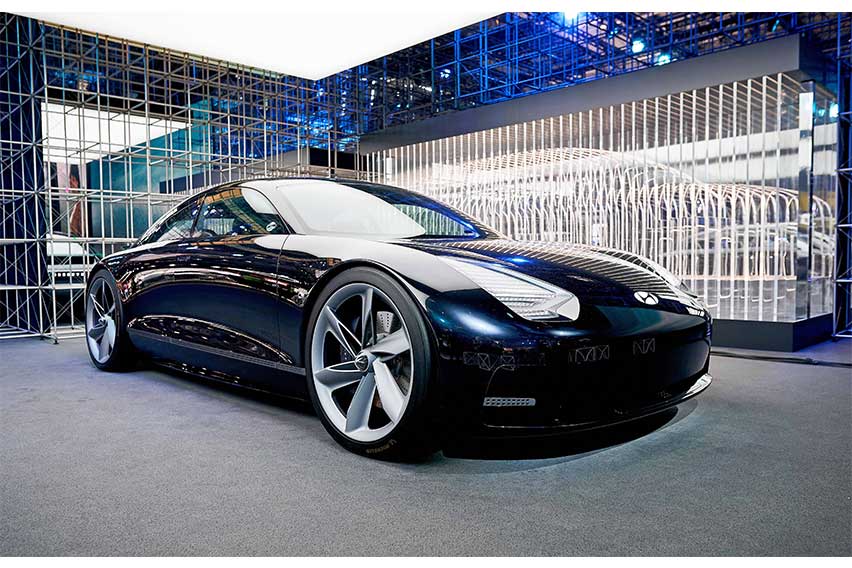
Hyundai is also presenting its passenger FCEV roadmap for the next few years at IAA 2021. The company is set to launch the next Nexo model in 2023, along with a hydrogen-powered multi-purpose vehicle (MPV) model. After 2025, Hyundai will be releasing a large SUV powered by fuel cell. The company is also planning to offer its fuel cell powertrains to all types of mobility fleets and other industries.
Hyundai is known to be the first automotive brand to mass-produce an FCEV when it launched ix35 in 2013. In 2018, the company unveiled Nexo, the first dedicated hydrogen-powered SUV. In 2020, Hyundai released the Xcient Fuel Cell, the world’s first mass-produced fuel cell electric heavy-duty truck, in Switzerland. Just recently, the company started the testing phase of the Elec City Fuel Cell bus in Europe.
IAA visitors also get a first look on Hyundai’s cutting-edge robotaxi model. Hyundai has partnered with Motional, a global leader in driverless technology, to develop the SAE Level 4 autonomous driving vehicle based on Ioniq 5.
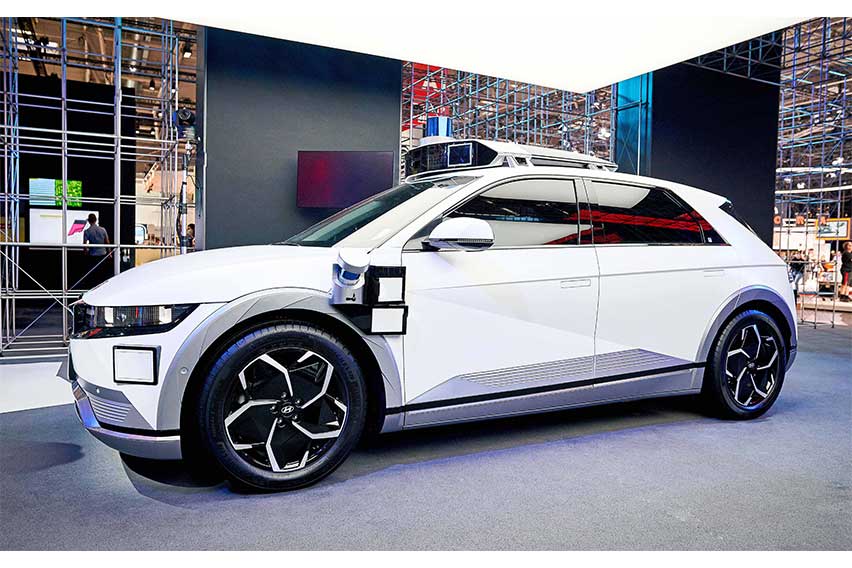
The robotaxi will have rider-focused interfaces to passengers to interact with the vehicle during their ride. Motional is set to launch its fully driverless service in 2023 and will then begin to transport public passengers in the robotaxi.
Hyundai also revealed that its is planning to launch an all-electric urban air mobility (UAM) model for intra-city operations in 2028. At last year’s CES, the brand’s UAM concept model, S-A1, was introduced. S-A1 is engineered based on four principles: safe, quiet, affordable, and passenger-focused solutions. The company is set to launch regional air mobility that connects neighboring cities in the 2030s.
Aside from transforming its vehicle lineup to ZEVs, Hyundai’s carbon neutral strategy also aims to provide cleaner and greener energy solutions for everyone. Apart from using renewable energy at its production facilities, Hyundai is also making long-term investments in future technologies, including green hydrogen based on renewable energy, vehicle-to-grid (V2G), and Second Life Battery Energy Storage System (SLBESS).
Hyundai has invested in global startups, such as H2Pro, to contribute in the field of green hydrogen. Green hydrogen acquired from electrolysis of water produced by low-carbon power sources is expected to reduce carbon emissions. Hyundai is also planning to build hydrogen infrastructure in countries with strong government support and abundant renewable energy sources.
To reduce the amount of carbon and other greenhouse gas emissions produced in its production processes, Hyundai conducts energy reduction activities and establishes eco-friendly plants by transforming them to renewable energy sources like photovoltaic power.
Last July, Hyundai Motor joined Climate Group’s RE100, a global initiative that is committed to move toward 100% renewable energy. The Hyundai Motor Manufacturing Czech plant will be the company’s first factory to fully convert its electricity usage to renewable energy in 2022. Hyundai targets to entirely use renewable energy to power its entire global operations by 2045.
Hyundai has also invested in V2G technology which allows energy to be pushed back to the power grid from the battery of an EV. Currently, Hyundai is conducting various V2G pilot programs with several stakeholders. The company is planning to apply V2G technology on its upcoming BEV models.
Hyundai is also working with various local energy partners to run pilot programs to commercially reuse second-life EV batteries. The company is set to test a small size application of SLBESS in Germany in 2022.
“IAA Mobility is the perfect occasion to unveil our global vision for carbon neutrality,” Hyundai Motor Company Global Chief Marketing Officer Thomas Schemera said. “IAA is yet another milestone along the sustainable journey we’ve been paving for years. Hyundai Motor will remain steadfast in our pursuit of carbon neutrality and lead the way in the development of holistic solutions. As a smart mobility solution provider, Hyundai also aspires to provide energy solutions for business and society overall. Climate change won’t be solved without a concerted effort. We will strive to do more for the environment via multiple sustainability projects in the months to come, inviting everyone to join us on our journey towards a cleaner future.”
Watch Hyundai’s IAA press conference video here.
Photos from Hyundai
Also read: Welcome to the metaverse: Hyundai Mobility Adventure to appear on Roblox
Sell your car at the best price
 Verified and genuine buyers
Verified and genuine buyers
Hyundai Car Models
PIMS 2024
Trending & Fresh Updates
- Latest
- Popular
You might also be interested in
- News
- Featured Stories
Hyundai Featured Cars
- Latest
- Popular
Latest Hyundai Car Videos on Zigwheels

Hyundai Car Articles From Carmudi
- journal
- financing
- insurance

